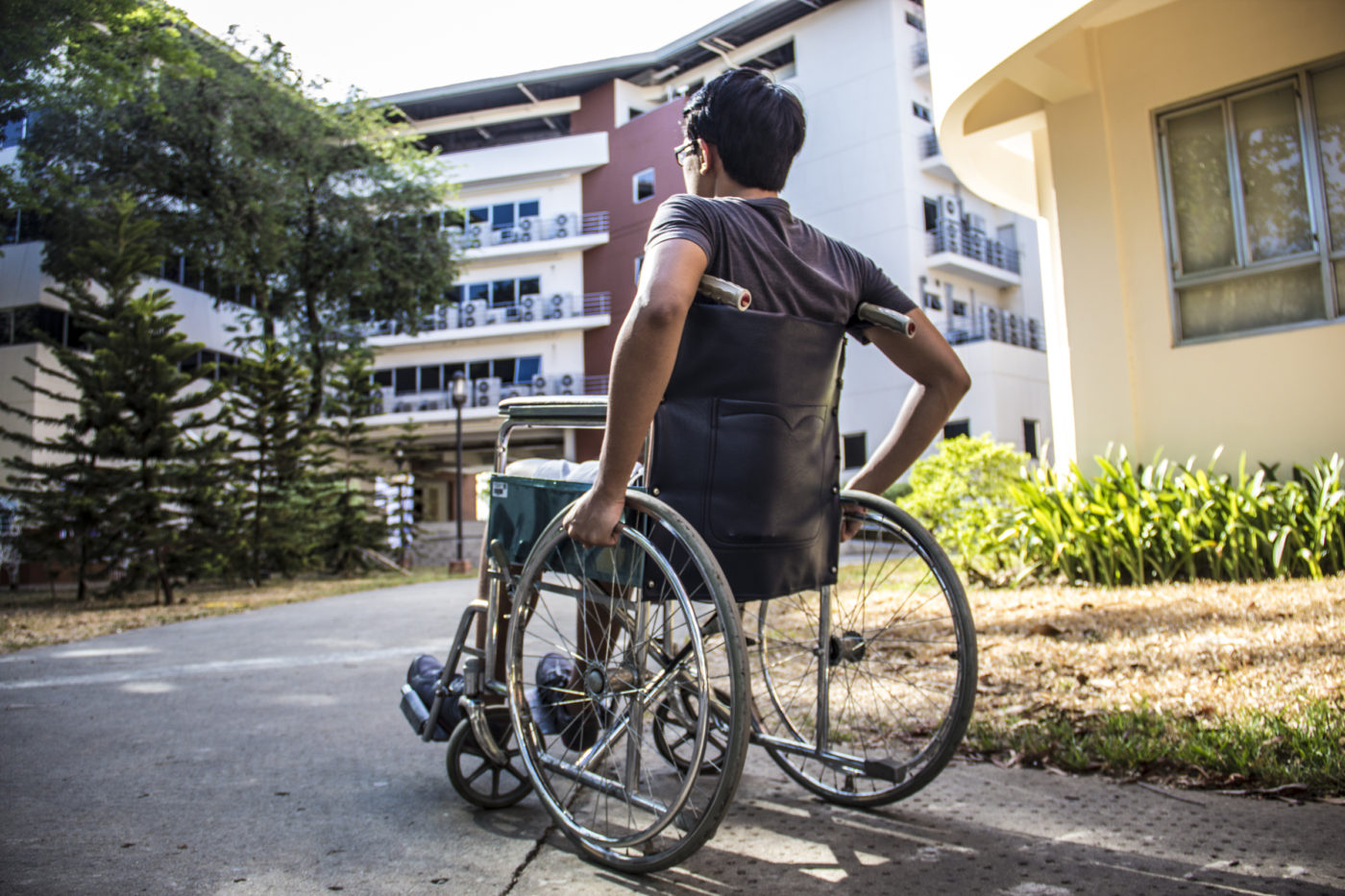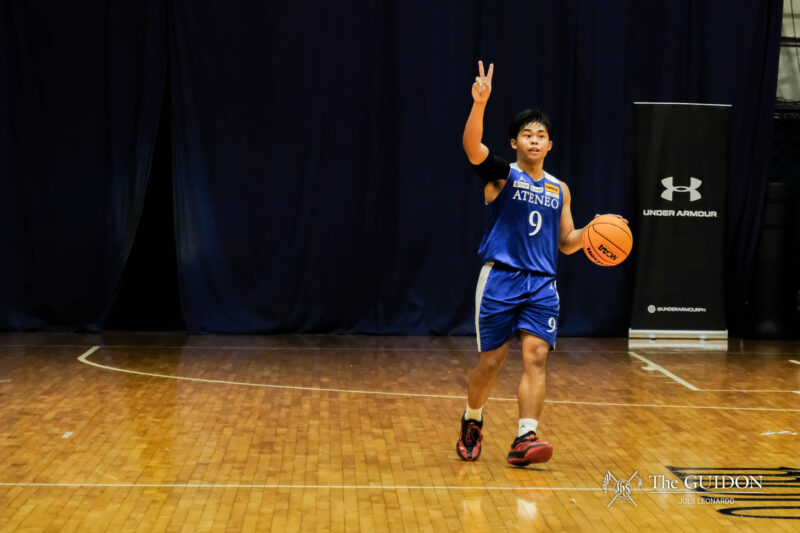THE SANGGUNIAN inaugurated the new Commission on Disability Inclusion (CDI) on March 23, making it the official representative unit for the Persons with Disabilities (PWDs) sector in the Loyola Schools (LS) community.
CDI Co-Commissioner Rachel Peralta said that the newly announced Commission has been in the works since 2020, and they aim to communicate the LS PWDs’ needs and struggles to the Sanggunian and the LS administration.
Notably, the CDI is the updated Commission on Persons with Special Needs Inclusion (CPSNI) from 2019. Alongside the Ateneo Special Education Society (SPEED), the Sanggunian initially created CPSNI to lobby for policies and facilities that would make the campus more accessible to PWDs.
Starting from scratch
Ateneo SPEED President Gabby Ozaeta mentioned that in comparison to Ateneo SPEED’s goal to externalize advocacies concerning disabilities, CDI focuses on policy-making on behalf of students with disabilities (SWD). Peralta also said that CDI’s purpose is to empower the PWD sector by challenging the stigma associated with disability.
“The disabling part of disability isn’t really coming from the condition existing within a person itself, it’s really about how society is inherently not accommodating to people with disabilities,” she said.
Additionally, Peralta said that the term “persons with special needs” is “demeaning” because it acts as a euphemism to disability and downplays the PWDs’ experiences. In line with this, CDI Co-Commissioner Kathreena Velasquez added that CDI is still starting from scratch because CPSNI failed to leave “much of an impact last year.”
Consequently, Peralta talked to then-Vice President Jb Bejarin about changing the Commission’s name in 2020, but these were not readily addressed because of the COVID-19 pandemic. When the matter was discussed again in AY 2020-2021, Peralta transitioned CPSNI to CDI to solidify the existence of LS SWDs and better represent them in the Sanggunian.
Refining upcoming plans
To lay the groundwork for their future initiatives, Peralta stated that the CDI is partnering with the Development Society of the Ateneo (DevSoc) in planning surveys, focus group discussions, and consultations with PWD sector members. She added that Ateneo DevSoc also collaborated with them in forming the Magna Carta for SWDs to better promote disability inclusion within the LS community next academic year.
Ozaeta also said that CDI and Ateneo SPEED are currently conducting realignment meetings. She added that Ateneo SPEED regularly invites CDI to projects such as SPEED Week, a series of talks about disability concerns to better gauge the SWD sector’s advocacies and conditions.
Moreover, Peralta mentioned that the Commission is contacting the Loyola Schools Office of Guidance and Counseling (LSOGC) to consult their expertise on mental health as this overlaps with disability concerns. Velasquez added that LSOGC will help CDI offer sign language and Braille courses to the LS community.
Additionally, CDI is planning to fully integrate disability inclusion into the curriculum through the Introduction to Ateneo Culture and Tradition program and Talakayang Alay sa Bayan talks.
However, Velasquez said that the online setup presents the challenge of connecting with the student body. “Transparency is a big problem because people don’t really get to see a lot of what you’re doing behind the screen monitors,” she added.
Peralta further explained that academic burnout amidst the online setup makes it difficult for CDI members to manage their workload for organizations and academics. Given this, Velasquez claimed that they are refining the foundations of CDI projects through research initiatives before integration.
Better SWD representation
Overall, Ozaeta commended the rebranding of CDI because representation feels genuine when concerns on disabilities are no longer exclusive to certain University organizations. “The more people who speak about the sector, the more people who want to do things for the sector and want to bring awareness to it, the better, especially when it comes from different perspectives,” she said.
Similarly, Peralta said that CDI hopes to make SWDs feel represented and supported within the Ateneo community by empowering them to use their own voices and encouraging their agency in decision-making.
“People with disabilities do exist. […] We really want to validate these experiences and […] break down the stereotypes and stigma that PWDs have experienced throughout their lives, […] keeping in mind that having a disability isn’t their main identity. You’re more than your disability […] and people should see you as that,” said Peralta.







